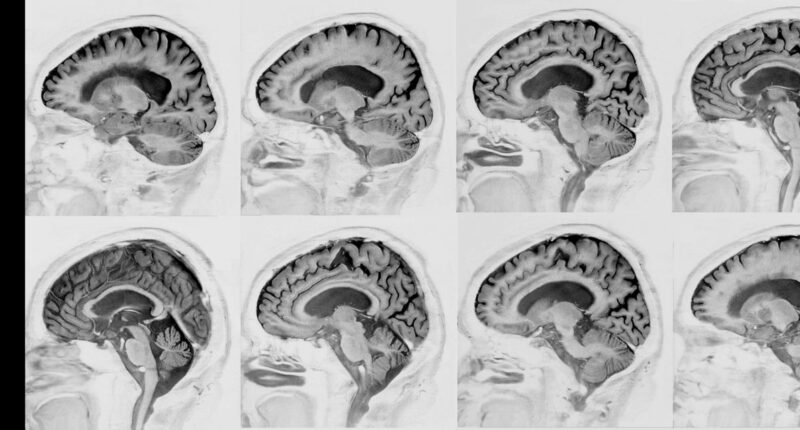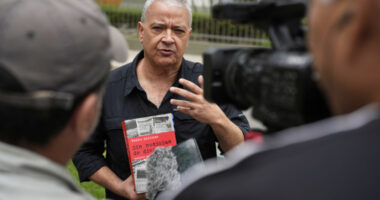
The success of Eisai Co.’s new Alzheimer’s drug has helped quiet a decadeslong dispute over a leading theory of what causes the disease and how to treat it, with proponents declaring victory and some former skeptics switching sides.
Since the early 1990s, many scientists have thought that removing clumps of a sticky protein called amyloid from the brains of Alzheimer’s patients could help slow the disease, if not stall or reverse it. The theory was an outgrowth of the “amyloid hypothesis,” which held that an abnormal accumulation of brain amyloid was the central trigger in a complex neurodegenerative process leading to Alzheimer’s.
What’s News
This post first appeared on wsj.com








